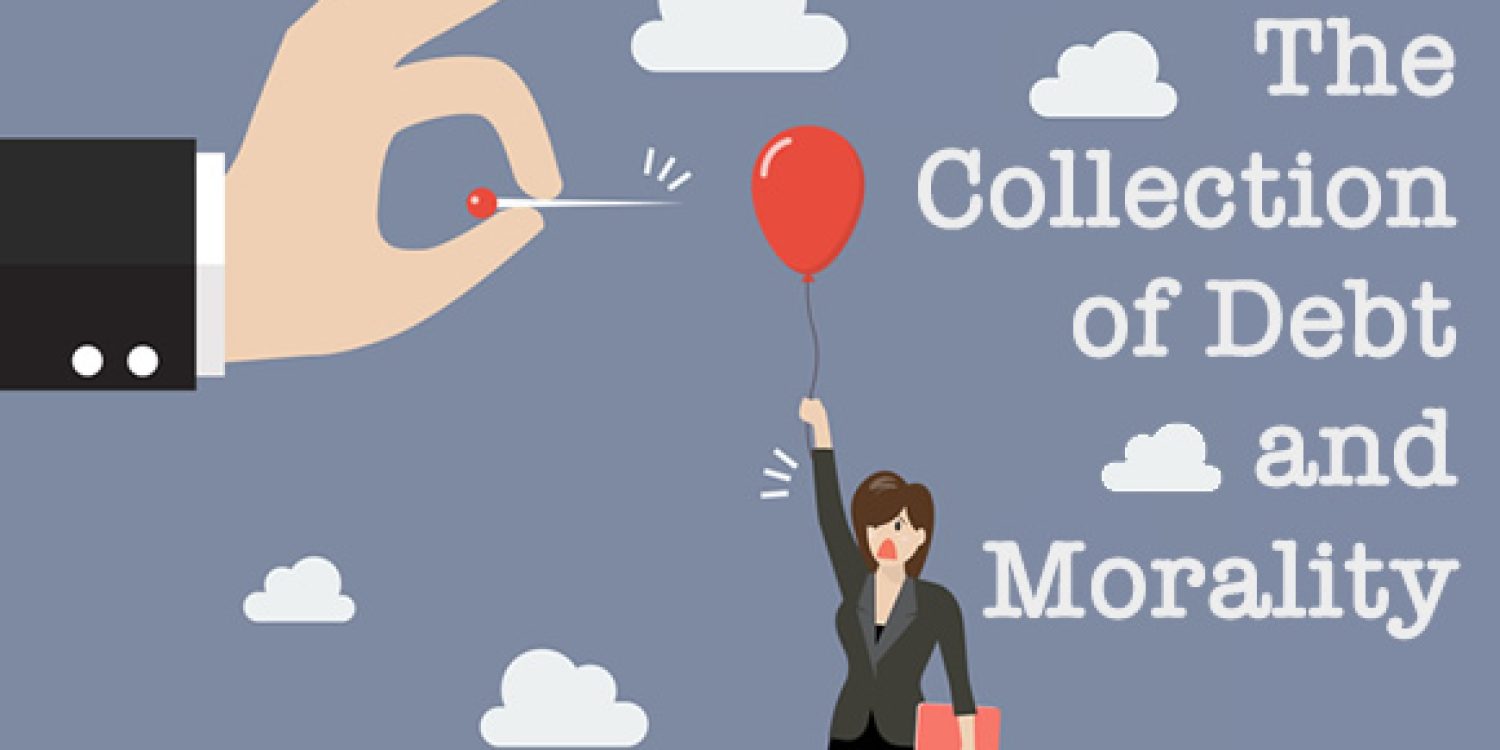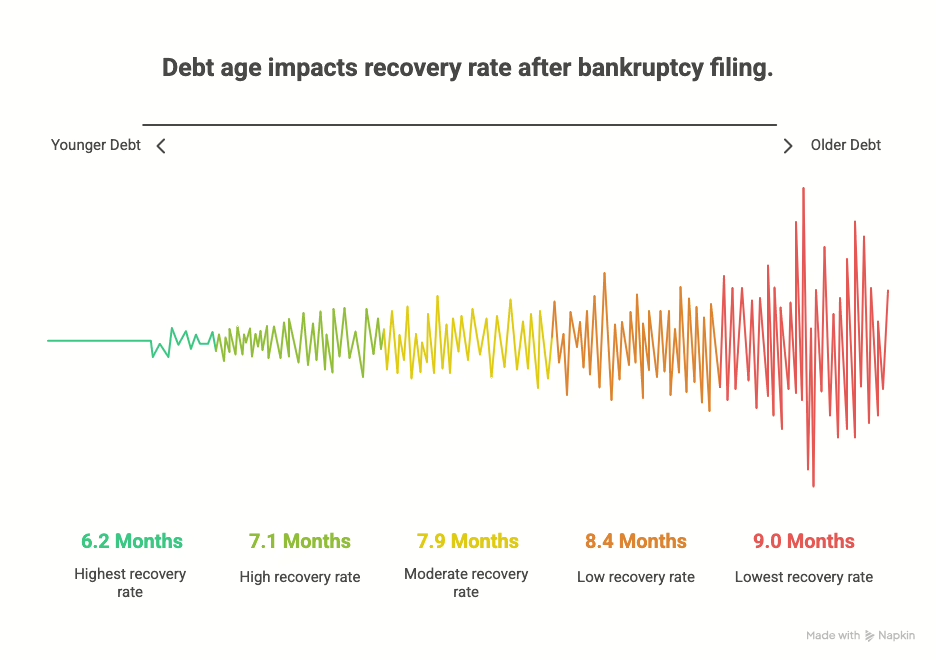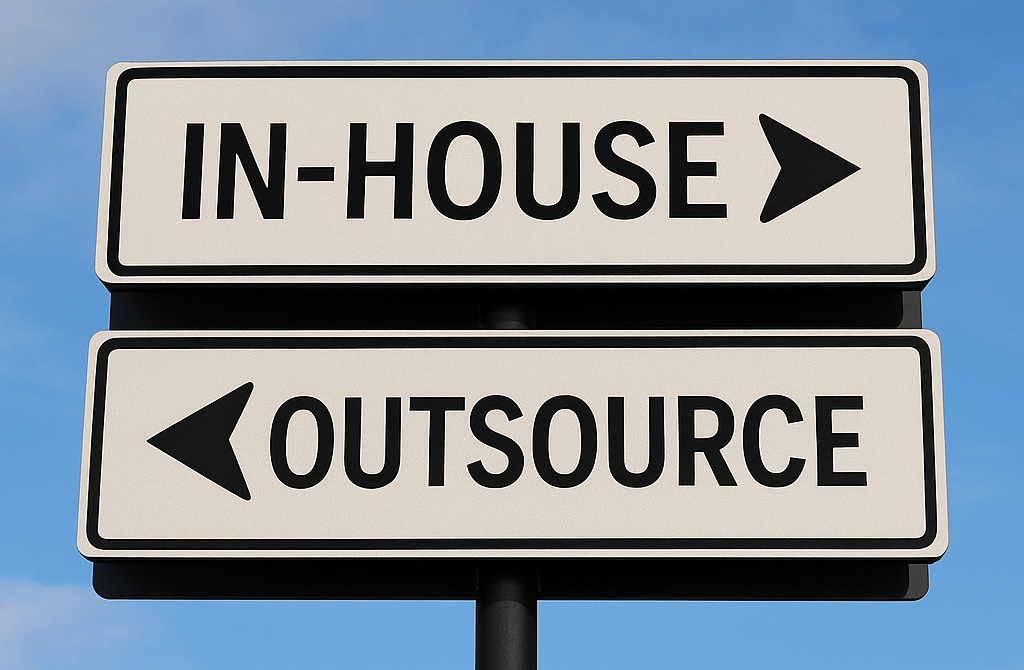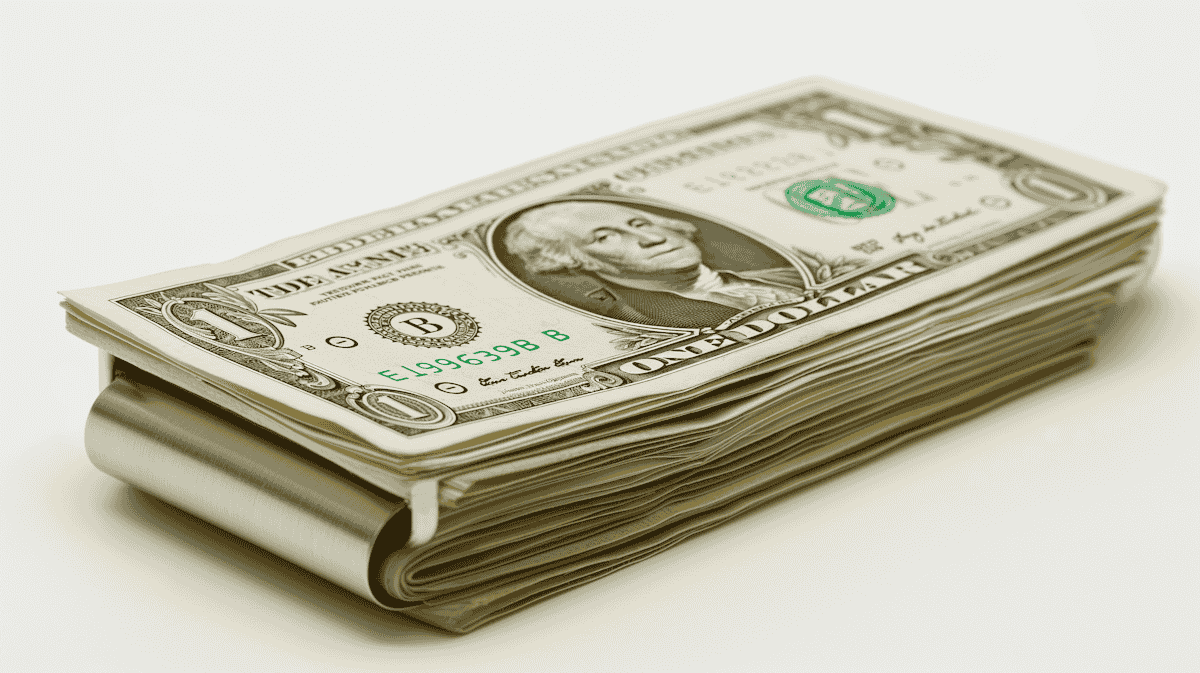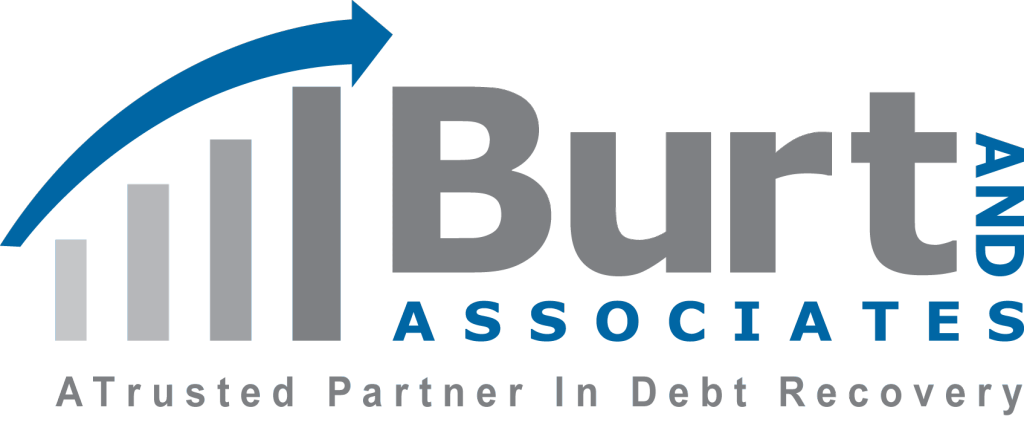The Collection of Debt and Morality Part 1 | The Collection of Debt and Morality Part 3
Part 2 of 3 The Collection of Debt and Morality: The legitimacy of private debt collection agencies and the problem with big government.
The bureaucrats and elected officials in Washington D.C. like to claim that they are concerned about ‘aggressive’ and ‘rough tactics’ in lending and debt collection practices. But they are often the greatest offenders of moral decency in their lending and collection practices.
Miss your student loan payments, or possibly try skipping your income taxes this year and watch just how ‘rough’ the tactics of the U.S. Government can become. You will find the full weight of the Department of Education’s and the IRS’s enhanced debt collection divisions crushing you like a ton of bricks. In the end, you may find yourself fined, wages garnished, bankrupt, and incarcerated.
In other words, the US government is in a weak moral position to complain about ‘rough tactics’ in the seizure of private property.
What’s more egregious than the actions of the private sector, is that the government acts without a prior contract. No individual is ever asked if he or she would or would not like to raise the country’s debt ceiling, pay increasing taxes, obey overbearing regulations, or adhere to U.S. dictates on trade or foreign policy. The government broadly presumes complete control. The complete opposite exists in private business, for there is no such presumption of control.
In short, the government with regularity acts aggressively, which means to use force against someone without any basis in contract.
In stark contrast, the surest way to avoid being harassed by private debt collectors is not to enter into a debt contract. i.e. Promissory Note.
They will not and cannot take money from you that you otherwise have not contractually agreed and promised to give the lender. If however, you have promised to pay in the future, but received goods or services in the present, you owe, and you must pay.
Unfortunately, sometimes people agree to pay, receive goods and services, and then refuse to pay. In moral terms, this is called stealing.
The free market economy strongly discourages this kind of theft through the critical institution called the ‘credit rating.’
The credit rating is a measure of an individual’s trust and character. It tells future lenders what kind of person the individual is, and whether or not that individual can be relied upon to live up to their obligations and if they will keep their promise to pay in the future.
In general, the institution of the credit rating is designed to reward people for keeping their commitments and punishes those who do not. It is a way in which the free market helps to encourage good character and improve the conscience of society.
From this, we can conclude that debt collection is an important function in society, and it contributes to the moral imperative of securing private property and discouraging theft.
At Burt and Associates, we believe that we are making a positive difference in the marketplace. Our contribution to society is to help our clients who are business owners and lenders find workable solutions for recovering their property. We understand that sometimes borrowers get in a bind when circumstances outside of their control make repayment difficult. But we can be the successful intermediary that mitigates financial losses and helps the debtor find their way back to creditworthiness through debt settlement.
If you want an upstanding representative on your side and have debt collection needs, or maybe you want a better understanding of how you can recover assets owed to you, please contact us through our website, email, or by phone. Our representatives would gladly speak with you today.
Commercial Collection Topics
- The Collection of Debt and Morality Part 1 Part 1 of 3 The Collection of Debt and Morality: The legitimacy of private debt collection agencies and the problem...
- The Collection of Debt and Morality Part 3 Part 3 of 3 The Collection of Debt and Morality: The legitimacy of private debt collection agencies and the problem...
- Debt Service Coverage Ratio In brief, Debt-Service Coverage Ratio (DSCR) is a rating method for a business’ cash flow that they can use to...
- Uncertain Future of Small Businesses: Credit The problem that is driving this trend is the pre-qualification process for traditional lenders, most of whom go over every...

